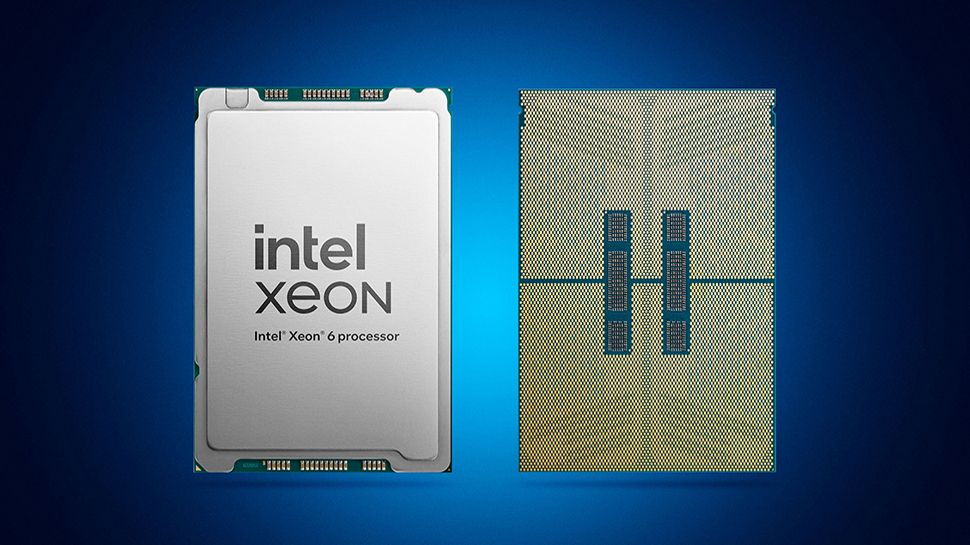Intel’s new Xeon 6900P “Granite Rapids” CPU family is here, and the first reviews say it provides solid competition for AMD’s EPYC processors. The top-of-the-line model, the 6980P, has 128 high-performance cores and 256 threads, with a 2.0 GHz clock speed and 504MB of L3 cache.
We know a lot about the 6980P processor, but until now what we didn’t know how much it was going to cost.
Based on other processor estimates and some educated guesswork, The Next Platform suggested it would come in at around an eye-watering $24,980. Intel has since added the costs for its new Xeon 6 6900-series CPUs to its Ark database, and it’s actually more affordable than expected. That’s not to say it’s cheap – far from it.
Not cheap
The flagship Xeon 6980P is priced at $17,800, making it the most expensive modern x86 CPU currently available. In comparison, AMD’s EPYC 9754 “Bergamo” processor, with 128 cores, has a list price of $11,900 – a substantial difference of almost $6,000 and if you shop around you can easily get it for $8500, half the price of Intel’s processor.
We have pricing for the other models in the 6900-series lineup as well. The 120-core Xeon 6979P is listed at $15,750 ($131 per core), and the 96-core Xeon 6972P comes in at $14,600 ($152 per core), which, as Tom’s Hardware points out, is $2,795 more than AMD’s 96-core EPYC 9654 ($123 per core). The 72-core Xeon 6960P is priced at $13,750 ($191 per core), making it one of the most expensive options per core in the range despite its lower core count.
Interestingly, Tom’s Hardware notes that Intel’s 96-core Xeon 6952P, priced at $11,400 ($119 per core), is the only Granite Rapids CPU currently cheaper than AMD’s EPYC 9654.
Historically, Intel has not priced its processors as highly as AMD’s multi-threaded performance has led the market. This shift may indicate a new pricing strategy from Intel in a bid to position itself as a premium option, but it could also be indicative of the high production costs involved in creating this new generation of CPUs.






